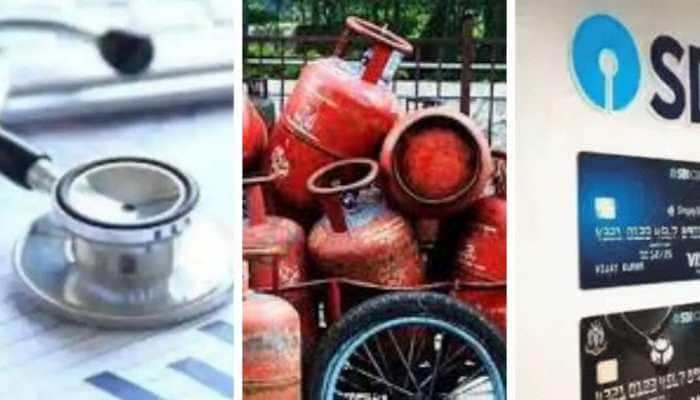Ready-to-cook idli, dosa, porridge mix to attract 18% GST
Krishna Bhavan Foods and Sweets had approached the Tamil Nadu bench of the Authority for Advance Ruling (AAR) seeking ruling on the Goods and Services Tax (GST) rate applicable on 49 products, like bajra, jowar, ragi and multigrain porridge mix, sold under a brand name.
- The AAR observed that the products sold by the entity are all food preparations in the form of powder.
- AMRG & Associates Senior Partner Rajat Mohan said the AAR held that ready-to-cook products sold in the name of brand name are taxable at 18 per cent GST.
- Batter for the same is taxable at 5 per cent, Mohan added.
Trending Photos
) ThinkStock Photos (For representational purpose only)
ThinkStock Photos (For representational purpose only) New Delhi: Ready-to-cook dosa, idli, porridge mix, etc sold in powdered form are taxable at 18 per cent, even though the GST rate is 5 per cent if they are sold as batter. Krishna Bhavan Foods and Sweets had approached the Tamil Nadu bench of the Authority for Advance Ruling (AAR) seeking ruling on the Goods and Services Tax (GST) rate applicable on 49 products, like bajra, jowar, ragi and multigrain porridge mix, sold under a brand name.
The AAR observed that the products sold by the entity are all food preparations in the form of powder.
"The Dosai Mixes and Idli Mixes are packed and sold as mixes which are to be mixed with water/boiled water/curd to make it as batter and the product sold is a powder and not batter. ... All the 49 products for which the ruling is sought is classifiable under CTH 2106 and the applicable rate is 9 per cent CGST and 9 per cent SGST," the AAR ruled.
AMRG & Associates Senior Partner Rajat Mohan said the AAR held that ready-to-cook products such as dosai mixes, idli mix, sold in the name of brand name are taxable at 18 per cent GST, even though batter for the same is taxable at 5 per cent.
"This kind of legal interpretation by the authority for the advance ruling would lead to an inverted duty structure for the entire industry, posing them to file tax refunds on a regular basis," Mohan added.
EY Tax Partner Abhishek Jain said such rulings may create an ambiguous situation in the taxing system where the same product when sold in the form of flour attracts higher tax rate in comparison to when it is sold as batter. Also Read: TikTok owner ByteDance aims for Hong Kong IPO by early 2022: Report
"The government should come up with suitable clarifications/ amendments in law to resolve such discrepant situations," Jain added. Also Read: Realme Book gets a launch date: Check expected price, specs and all you need to know
Stay informed on all the latest news, real-time breaking news updates, and follow all the important headlines in india news and world News on Zee News.
Live Tv







)
)
)
)
)
)
)
)
)
)
